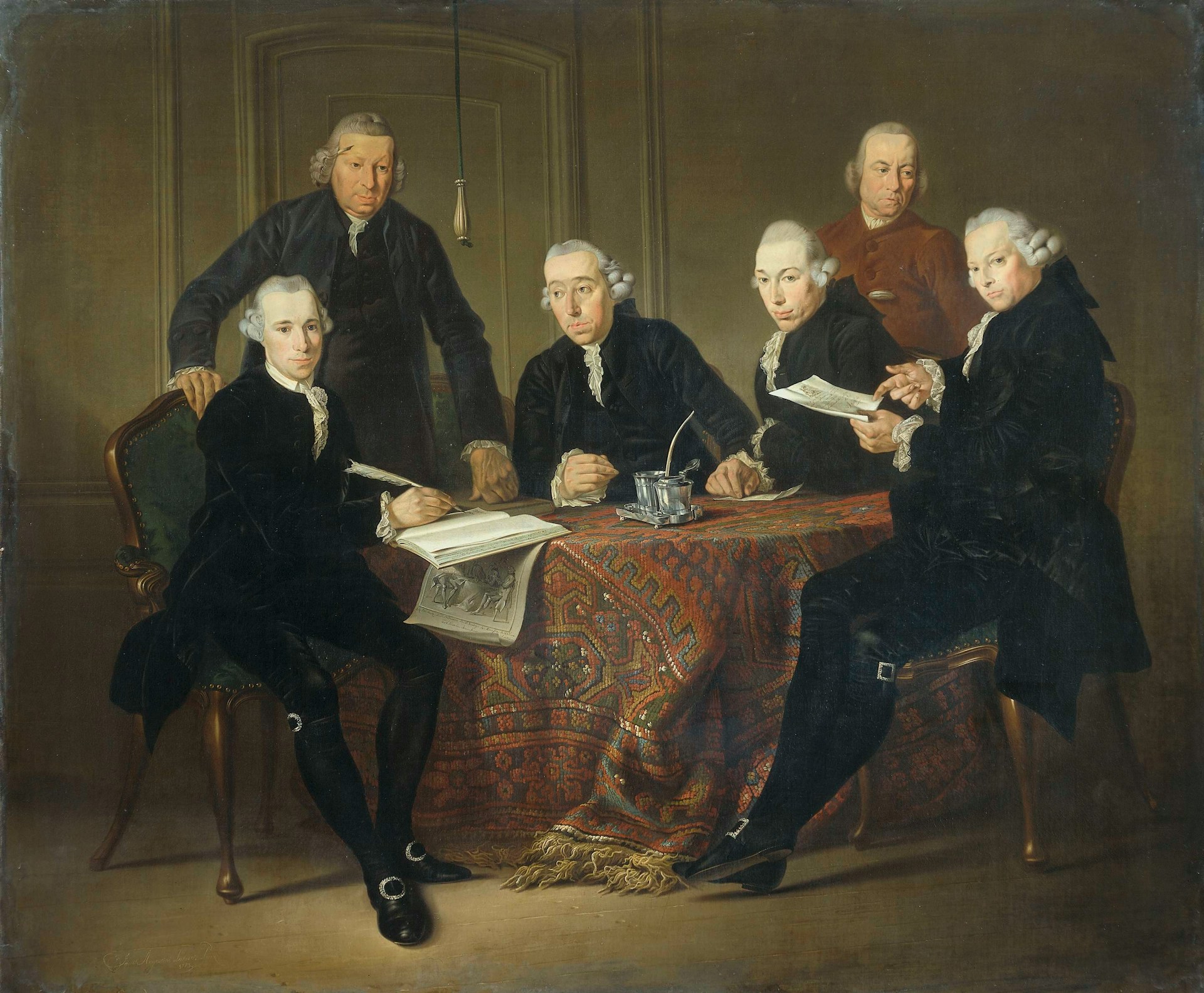I recently came across a fascinating lesson in a book I read. This lesson, applicable to both work and life, is best illustrated through the story of Nick the Greek, a renowned gambler in the United States. It's estimated that he won and lost over 500 million dollars throughout his life, ultimately dying penniless.
Nick the Greek had an unconventional approach to poker. He believed that a pair of aces were the worst hand, while a 7-2 hand was the best. This strategy is the exact opposite of what is generally accepted in poker.
Whenever he won using his strategy, he would think, "What a great strategy," but when he lost, he would chalk it up to bad luck. In reality, the opposite was true!
The moral of the story is this: in life, outcomes are often a mix of luck and skill. However, correctly identifying whether an outcome is due to skill or luck is crucial. Misattributing skill to a lucky situation, or vice versa, can lead to incorrect conclusions.
Let’s check the scenarios based on Nick the Greek story:
- When he won with a 7-2 hand, he believed his strategy was skillful. In reality, he was lucky.
- When he lost with a 7-2 hand, he thought he was unlucky. Instead, he should have reconsidered his strategy.
- When he won with aces, he attributed it to luck. He should have considered whether his strategy needed reevaluation.
- When he lost with aces, he blamed it on the hand being the worst. He might have been unlucky.
And then comes the trickiest and most beautiful part of life:
What are we going to do in a situation that requires both skills and luck?
Make sure that you have the necessary skills and….
Good luck with that.
Relevant book:
Relevant posts:





![[Guide] Product hiring framework](https://images.unsplash.com/photo-1635350736475-c8cef4b21906?ixlib=rb-4.0.3&q=90&fm=jpg&crop=entropy&cs=srgb&w=1920)

















